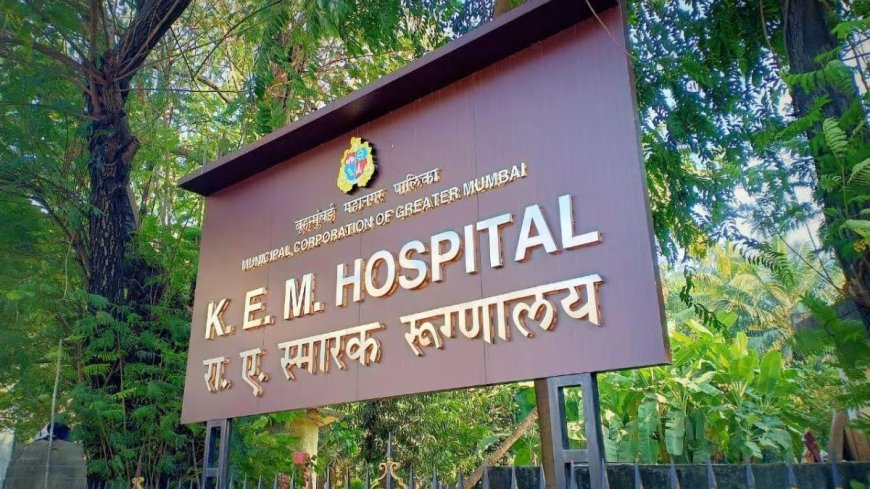Mumbai | August 6, 2025 : Mumbai's prestigious King Edward Memorial (KEM) Hospital is grappling with a critical shortage of essential haemophilia medications, particularly Factor VII, resulting in severe disruptions in patient care. The crisis has forced several patients to turn to expensive private healthcare options, creating both financial and medical challenges for low-income families.
The shortage has been attributed to recent changes in the National Health Mission (NHM) funding model. Since September last year, the NHM has stopped financing tertiary hospitals like KEM and is instead routing funds exclusively to district hospitals. This policy change has left KEM—home to over 980 registered haemophilia patients—without a reliable supply of anti-haemophilic factor (AHF) medications.
A stark example of this failure emerged recently when a pregnant woman was referred to a private hospital for delivery due to KEM’s lack of Factor VII. She was compelled to purchase the life-saving clotting factor at her own expense—an option unaffordable to many.
While the Maharashtra government has procured 6,130 vials of Factor VIII worth ₹4.49 crore, the distribution is restricted to district hospitals. These centers, however, often lack specialized haematologists and the infrastructure necessary for comprehensive haemophilia care. As a result, they are only able to manage emergency cases, with no capacity for ongoing treatment.
Jigar Kotecha of the Haemophilia Society criticized the current system, stating, “KEM is the only hospital in the state equipped to offer continuous haemophilia care. District hospitals do not have the expertise or the resources for sustained treatment.”
Attempts by KEM’s dean to source AHF from Thane District Hospital were unsuccessful. Officials there cited limited supplies and an increasing patient load, making redistribution unfeasible. KEM is now dependent on NGO donations to meet patient needs.
The state health department has suggested that the Brihanmumbai Municipal Corporation (BMC) take over the funding responsibilities. However, repeated requests for support and clarification from BMC officials have so far gone unanswered.
Healthcare activists and patient groups have urged the state government to reassess its priorities. Comparisons have been drawn to Gujarat, where considerable investments have been made toward haemophilia care. Advocates are also pushing for the procurement of extended half-life clotting factors, which are more effective and require fewer doses.
As patients at KEM wait in uncertainty, the demand for immediate and sustainable intervention continues to grow louder. Without systemic changes, the burden of care will remain unfairly placed on vulnerable patients and their families.




 Previous
Article
Previous
Article











